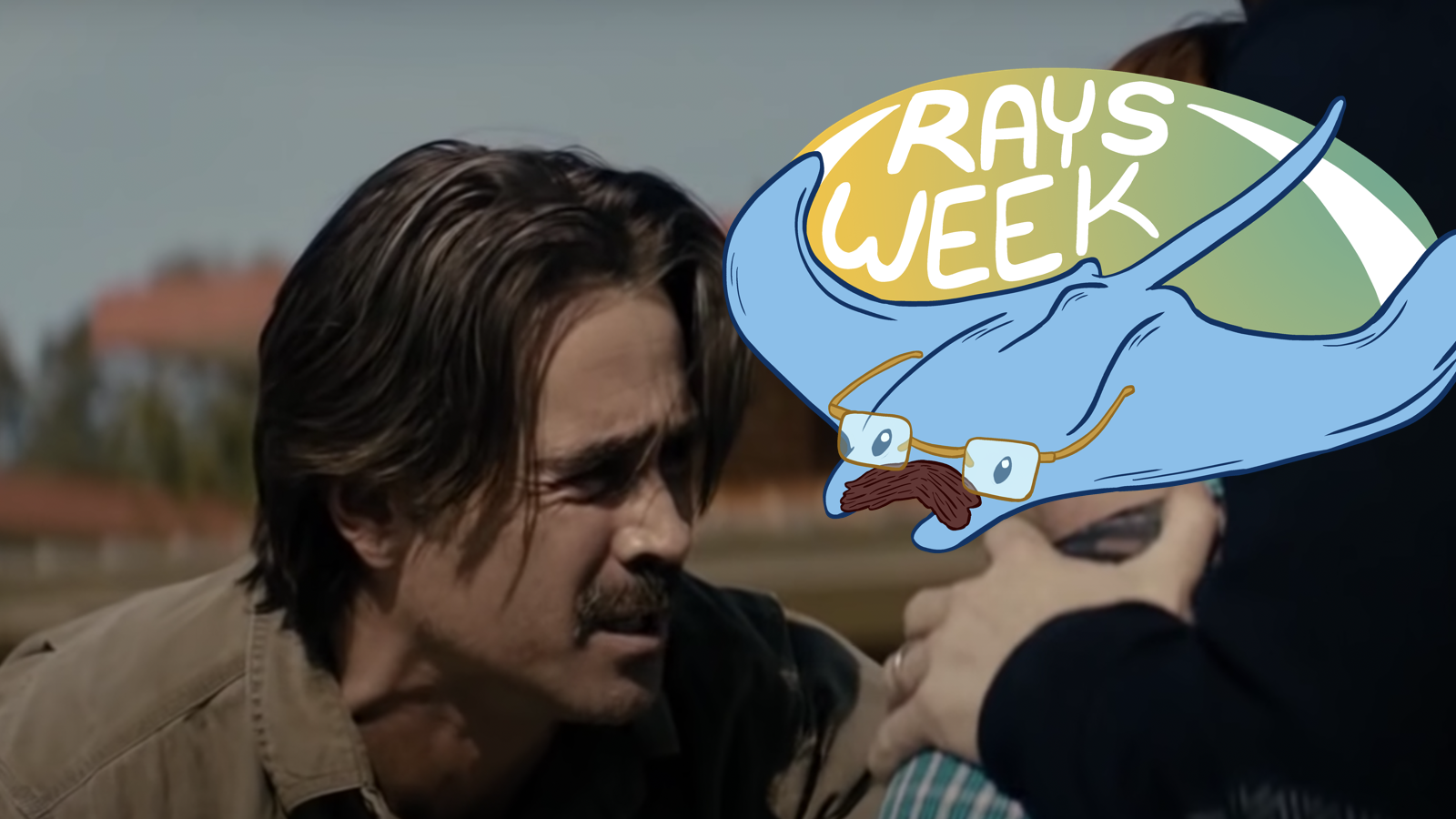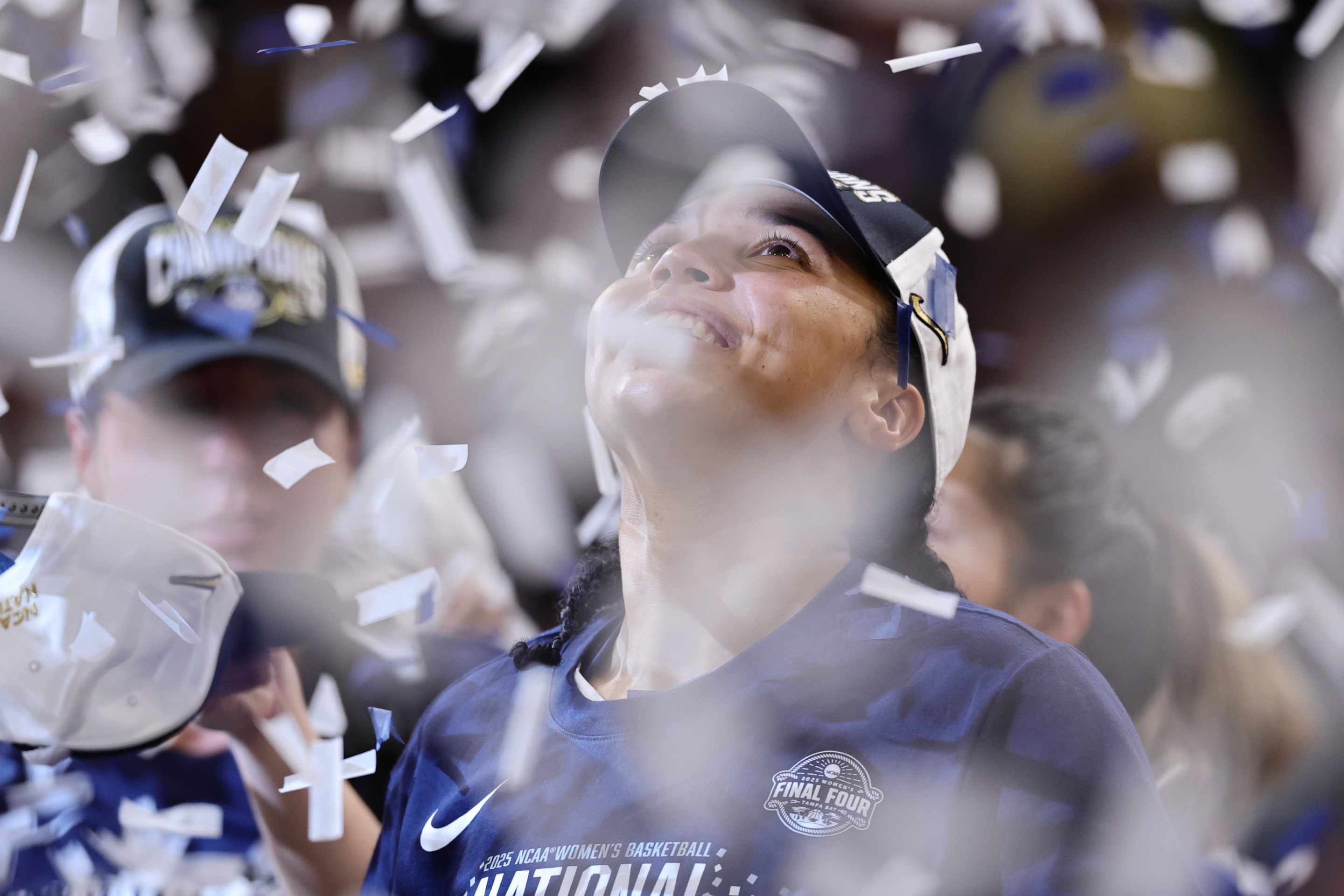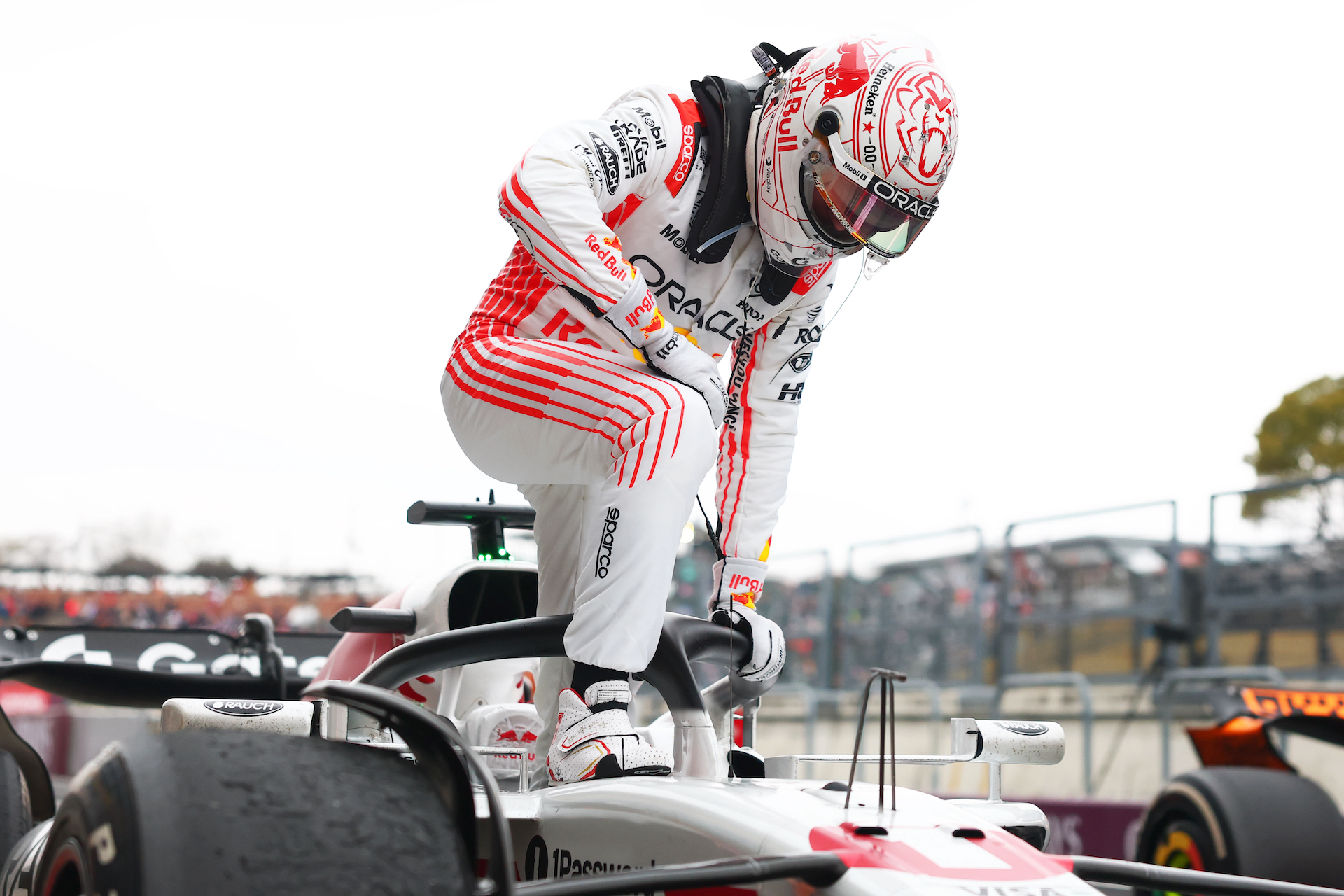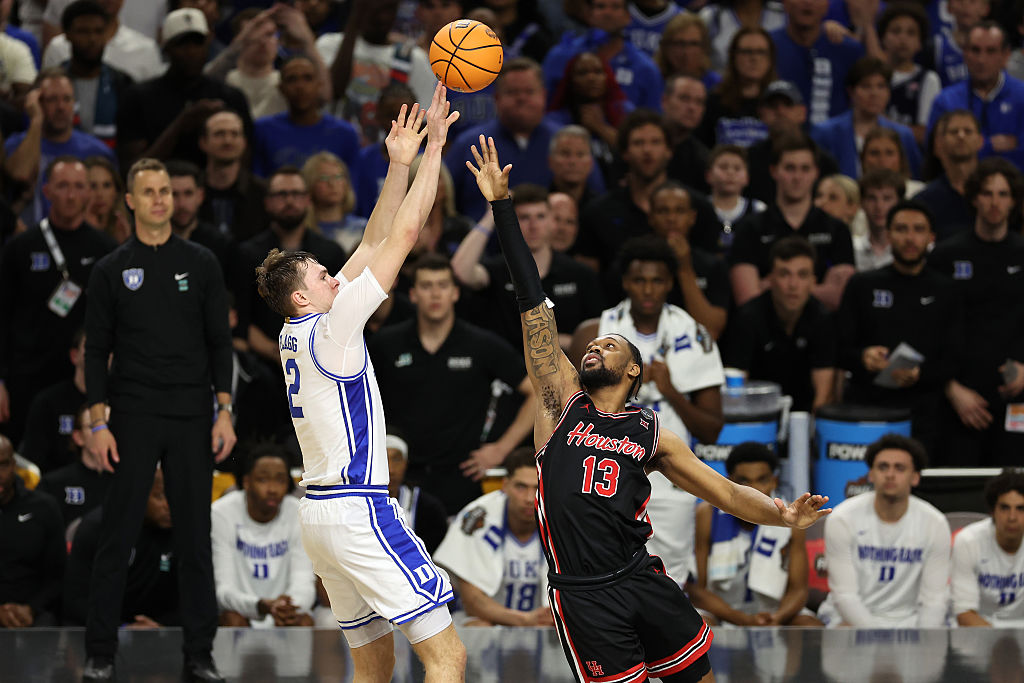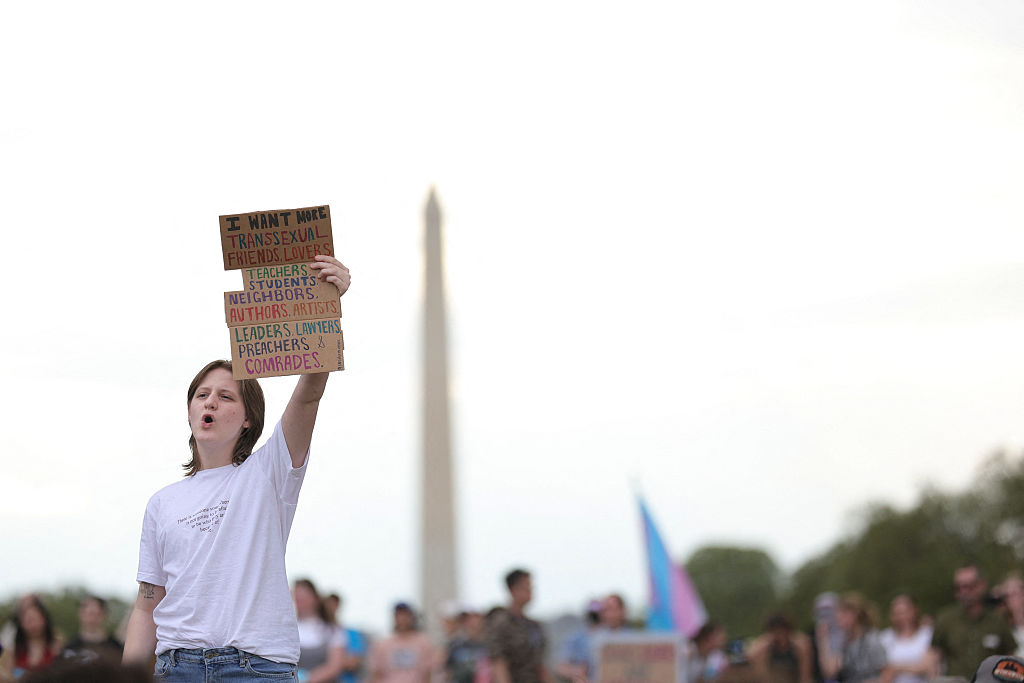HBO recently announced that it has ordered a fourth season of True Detective, a show that has claimed its place as both the best and worst of what the prestige cop drama has to offer. If critics thought Season 1 was a phenomenon, Season 2 was a steaming embarrassment, and Season 3 was mostly forgettable, then Season 4 (featuring Jodie Foster!) will be teed up to solicit something of a final verdict on the franchise. True Detective: Good or Bad?
But allow me to reject my own premise. It's been a few years since me and several thousand other TV-enjoyers spent every Sunday night watching Season 2 and feeling like we might be suffering the effects of a carbon monoxide leak. I have recently revisited some of those Season 2 episodes, though, and I have found that they land much differently when they are taken in separate from the weight of the pre-premier hype cycle—which was destined to swallow the season whole and featured way too much of showrunner Nic Pizzolatto glowering in a leather jacket. Freed from direct comparisons to Season 1, I can report to you that the second season of True Detective kind of kicks ass? Or, at least, one specific part of the season kicks ass, and that is Ray Velcoro.
Velcoro, one of Season 2's four main detectives, played brilliantly by Colin Farrell, perhaps suffered more than anyone else from having to follow up on the smashing success of Season 1. Despite True Detective being an anthology series, the success of the first season established a framework for how future iterations should look. The show would always be grim, obviously, and violent, obviously, but most of all it would always need to feature a detective who is both Deeply Fucked Up and Really Badass. This final expectation was set the minute Matthew McConaughey started ranting about flat circles in Season 1, and as Season 2 neared it was impossible not to get excited about who might join Rust Cohle in the Hall of Deeply Fucked Up And Really Badass Detectives. Taylor Kitsch and Vince Vaughn were always long shots, and Pizzolatto clearly wasn't going to be able to sketch out a compelling female character for Rachel McAdams (he sure didn't!). That left Farrell as the obvious heir apparent.
Things went sideways pretty quickly, in that it immediately became clear that Pizzolatto, high on leather and bourbon fumes, had in fact written a character that was perhaps too Fucked Up and Really Badass. Season 2 opens with Velcoro dropping his sad and bullied son off at school, and then in the next scene we find out that that A) his ex-wife was brutally raped years ago and the two are now fighting over custody of their kid, B) his son might actually be the rapist's biological son, and C) that detective Velcoro "welcomes judgment." Fucked Up bonafides: established!
Things started to come apart later in the episode, in which the Really Badass parts of Velcoro's character are taken for a spin through some of the most unpleasant scenes in television history. Here is four minutes and 33 seconds of TV in which Velcoro calls his own son a "fat pussy" and threatens to "pull down his pants and spank him in front of the fucking cheerleading squad," brutally beats up a stranger in front of the stranger's own child, to whom he says, "If you ever bully, or hurt anybody again, I'll come back and buttfuck your father with your mom's headless corpse on this goddamn lawn."
Really Badass bonafides: maybe too well established!
There's a mistake that people make too often when debating the merits of hyper-violent movies and television shows about cops and gangsters. On the one hand you have people who want to dismiss the genre as misogynistic crap made by man-babies who are just out to glamorize violence. On the other, you have people who say the genre is actually meant to interrogate the messy connections between brutality and the experiment of modern manhood, and that anyone who doesn't see that is just a dullard who can't wrap their minds around the creator's artistic vision. Is The Sopranos really just about cool guys committing violent crimes and looking at naked women, or is it a story about toxic masculinity and a parable for the fall of the American empire?
The thing that often gets overlooked in this exhausting debate is that both descriptions are correct. Yes, The Sopranos is laced through with all sorts of high-minded ideas, but it is also a show about cool guys hanging out and doing crimes. Maybe this is something that the self-identified intellectuals who enjoy The Sopranos—and Goodfellas and Casino, for that matter—don't want to admit, but these stories don't resonate on just on the strength of their artistic vision. They become hits because they are also full of cool and fun characters. This is not a mistake! Actors are actors precisely because they are some of the most charming people walking the planet, and their whole job is to make you recoil in horror as they break a man's face open in one scene, and then say to yourself, "Man I wish I could party with that guy," during the next scene. That's Hollywood magic, baby!
Which brings us back to True Detective. Rust Cohle became such an iconic character not just because of all the ridiculous monologues that McConaughey delivered, but because so much of McConaughey's innate charm bled through into the character. Maybe that sounds crazy to you, and if it does you should go back and watch some of the interrogation scenes from Season 1. When a supposedly destitute and burnt-out Cohle is regaling those other detectives about a made-up gunfight and turning beer cans into funny little sculptures, he's just being Matthew McConaughey! You can admit it: you kind of wanted to party with that guy. And so the actual precedent that Cohle set for all True Detectives to follow was not just that they had to be Fucked Up and Really Badass, they also had to be Kind Of Cool. It was Colin Farrell's absolute refusal to adhere to that last principle that I think elevates his performance as Velcoro above all others in the series.
This is not to say that Colin Farrell isn't charming. He is in fact incredibly charming and I would love to hang out with him one day. What I am saying is that Farrell, to a far greater degree than McConaughey, embodied and expressed what he was given. He was given a big plate of shit, to be clear, but I admire the humility of an actor who is fed mostly terrible lines to be read in service of creating a truly off-putting character, and still chooses to just dive headlong into the muck. A lesser actor, perhaps one more concerned with his marketability or persona, might have begged off telling a 12-year-old that he was going to buttfuck the kid's dad with his mom's headless corpse on the front lawn. But not Farrell. He looked that little bastard right in the eye and said what he was asked to say, and then he followed it up with what is to my mind the best-delivered line of the entire series: "Twelve years old my ass. Fuck you."
That level of commitment is what I have always loved about Farrell. He's never come across a bad line of dialogue that he wasn't willing to deliver with maximum effort and commitment—he is and always will be a "fiend for mojitos"—and he's never been given a character who was too stupid or ridiculous to earn anything less than the best he had to offer. McConaughey couldn't help but make smoking crack and shooting bikers look kind of cool; Farrell made snorting a mountain of coke and listening to the New York Dolls look like the saddest thing in the whole world.
So yeah, this wasn't the best season of television anyone has ever seen, but at least there's no annoying debate to be had about this: Colin Farrell is one of the best actors working, Ray Velcoro was definitely not Kind Of Cool, and Nic Pizzolatto should be in jail for making one of his characters say, "Maybe it was just a little too close to sucking a robot's dick, I dunno," about smoking an e-cigarette.
